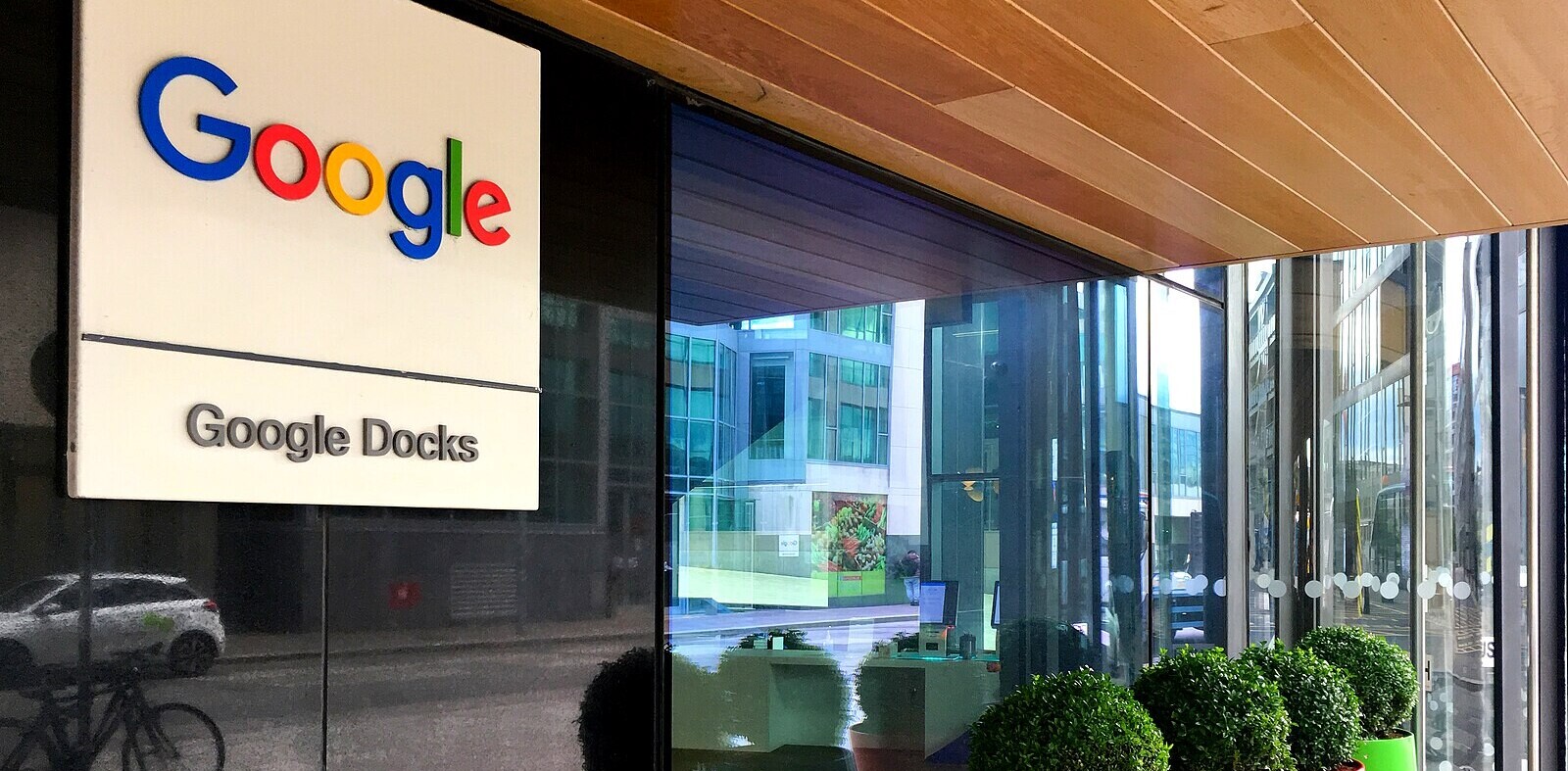
 The US Federal Energy Regulation Commission (FERC) has given Google subsidiary Google Energy authorization to trade electricity in bulk like other utility companies.
The US Federal Energy Regulation Commission (FERC) has given Google subsidiary Google Energy authorization to trade electricity in bulk like other utility companies.
FERC has issued an order allowing Delaware-based Google Energy to buy and sell power at market rates. This clears the way for Google to control their energy costs and purchase energy from cleaner sources. The deal also acknowledges that Google doesn’t “own or control any generation or transmission.”
However, Google could be looking to move into the clean energy business.
Google’s recent interest in energy is well-known. Google has hosted major energy conferences, pledged funding to reduce the cost of clean power, and Google CEO Eric Schmidt implored executives to consider green energy in 2008. Google has also recently focused on developing software to regulate power. Google Power, which works with smart meters, allows homeowners to control their home power usage from their laptops or smartphones.
Google even has some experience making their own power, as the solar array that powers the Googleplex in Mountain View, CA is the largest privately owned array in the world.
Given Google’s recent commitment to providing Gigabit internet connections to certain communities (probably to coerce telecom companies into providing fast, cheap and reliable connections), a move into the power field seems feasible. If Google can provide cheaper energy that’s cleaner and controlled more intelligently than existing utility companies, perhaps they will be able to jolt them into cleaning up their power. Google’s already committed millions to helping scientists find a cheap alternative to coal.
On the other hand, if Google is really making a long-term move into the power generation and broadband markets, then they’ll be in it to win it. At the very least, Google is aiming to shake things up a bit. If this benefits the consumer, which it looks like it will, it’ll probably be a popular move.
Get the TNW newsletter
Get the most important tech news in your inbox each week.





